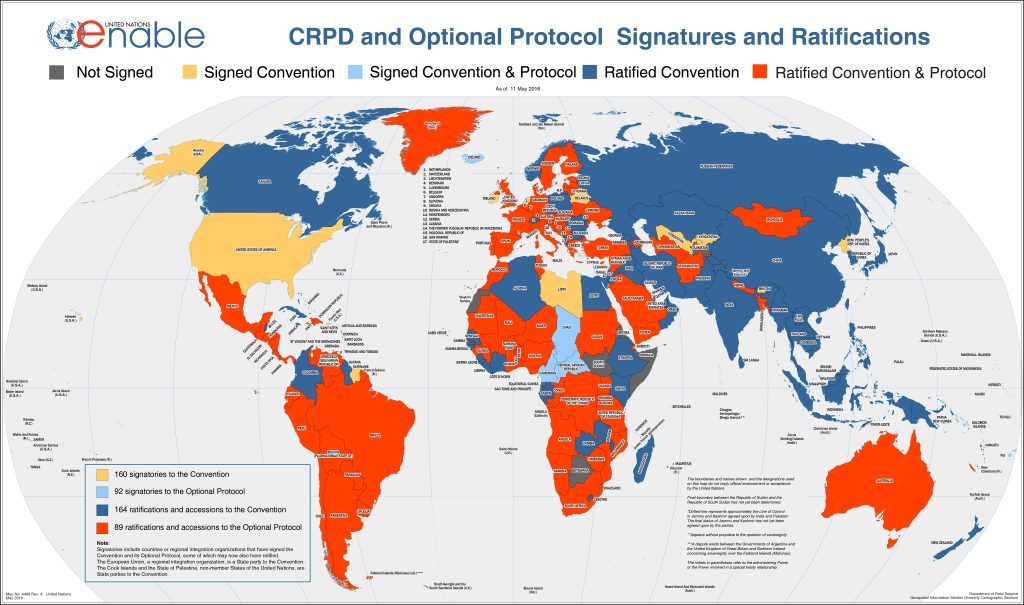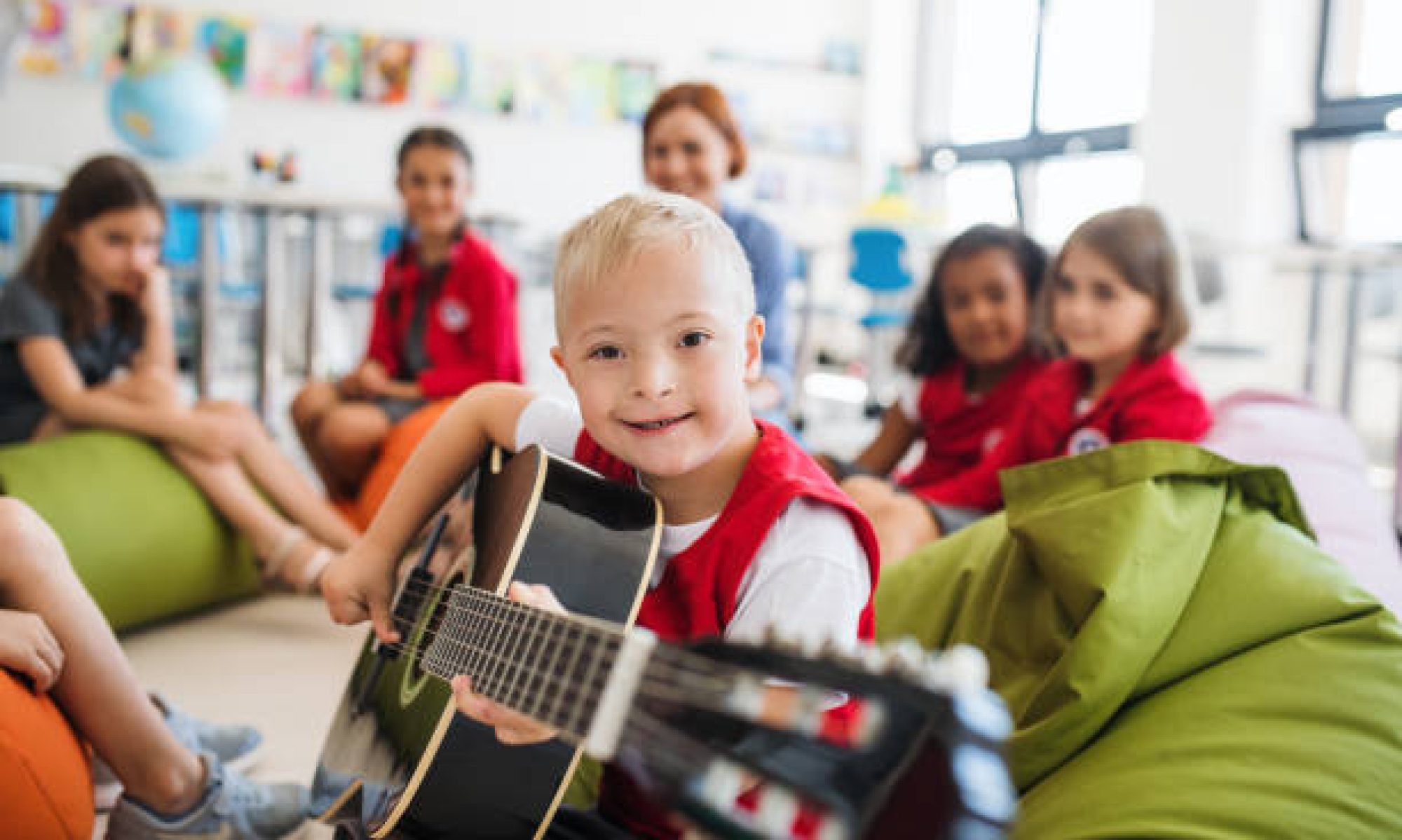Doninu (Malta) International also upholds and is guided by the principles of the United Nations Convention on the Rights of Persons with Disabilities (CRPD) and its Optional Protocol, which Malta has officially signed and ratified.
We firmly believe that if we truly care about persons with disabilities, we must treat them with full dignity, equality, and inclusion—without exception.
The United Nations Convention on the Rights of Persons with Disabilities (CRPD) fully supports and aligns with Doninu (Malta) International’s mission.
In short and easy terms:
The CRPD is an international law that says people with disabilities must be treated fairly, equally, and with respect. It protects their rights to live independently, be included in the community, make their own choices, and get support when needed.
How it supports Doninu’s work:
- Doninu promotes inclusion, especially for vulnerable people and children with disabilities.
- Doninu respects each person’s dignity and rights.
- Doninu helps families and individuals without discrimination, in line with the CRPD.
- Doninu works freely and independently, which is also supported by this Convention.
Convention on the Rights of Persons with Disabilities and Optional Protocol

The Commission for the Rights of Persons with Disabilities (CRPD) in Malta is responsible for safeguarding and promoting the rights of persons with disabilities in line with both national and international standards, particularly the United Nations Convention on the Rights of Persons with Disabilities (CRPD), which Malta has ratified. The CRPD’s key powers and functions include:
1. Monitoring Compliance with Disability Rights
- The CRPD ensures that the Maltese government and relevant stakeholders comply with the Convention on the Rights of Persons with Disabilities (CRPD) and other national laws related to disability rights. This includes reviewing how laws and policies are being implemented and whether they effectively protect the rights of people with disabilities.
2. Advocacy and Awareness
- The CRPD plays a key role in advocating for the rights of persons with disabilities. It raises awareness of disability rights issues and works to eliminate discriminatory practices. This advocacy may involve campaigns, events, and public information efforts to change attitudes and create more inclusive communities.
3. Receiving Complaints and Investigating Violations
- The CRPD has the power to receive complaints from individuals or groups who believe their rights under the Convention or other disability-related laws have been violated. It can investigate complaints, recommend remedies, and work with other authorities to address violations. The CRPD can also assist in resolving conflicts between individuals with disabilities and service providers or authorities.
4. Advising Government and Policymakers
- The CRPD has the authority to advise the government and policymakers on laws, regulations, and policies affecting persons with disabilities. It can provide guidance on best practices and recommend changes to ensure that laws and services are more inclusive and respectful of disability rights.
5. Promoting Accessible Services
- The CRPD works to ensure that public and private services are accessible to people with disabilities. This includes advising on and promoting changes to infrastructure, communication methods, and service delivery, ensuring that all sectors are inclusive.
6. Ensuring Accessibility
- The CRPD has a mandate to ensure that physical and digital spaces are accessible for persons with disabilities. This includes advocating for accessibility in public spaces, transportation, and information technology.
7. Collaboration with Other Institutions
- The CRPD cooperates with other national and international bodies, such as government ministries, NGOs, and UN bodies, to promote and protect the rights of people with disabilities. This includes participating in the UN Committee on the Rights of Persons with Disabilities, providing reports, and engaging in cross-border dialogue.
8. Research and Data Collection
- The CRPD is responsible for gathering and analyzing data about the situation of persons with disabilities in Malta. This includes researching disability-related challenges, publishing reports, and informing the public and policymakers about areas that need improvement.
9. Promoting Equal Opportunities
- The CRPD focuses on ensuring that persons with disabilities have equal opportunities in all areas of life, such as education, employment, health care, and housing. It works to remove barriers to full participation in society and promote policies that foster inclusion.
10. Monitoring Implementation of National Plans
- The CRPD monitors the implementation of the National Disability Strategy and other plans related to the rights of persons with disabilities. It tracks progress on objectives, evaluates outcomes, and ensures that people with disabilities are included in national development.
These powers and functions allow the CRPD to be a central actor in defending the rights of persons with disabilities and ensuring that Malta complies with its international obligations under the UN Convention. The CRPD works to create an inclusive and accessible society where persons with disabilities can live with dignity and equality.

